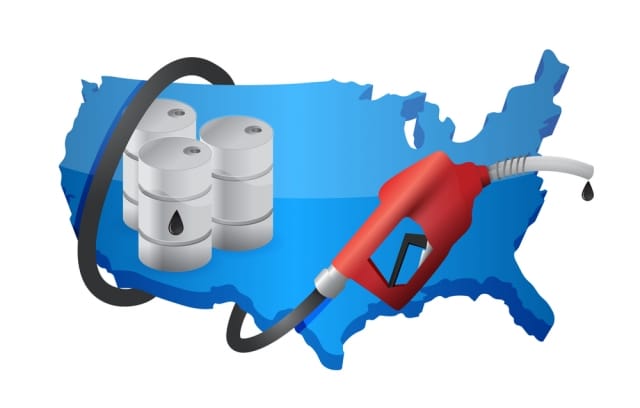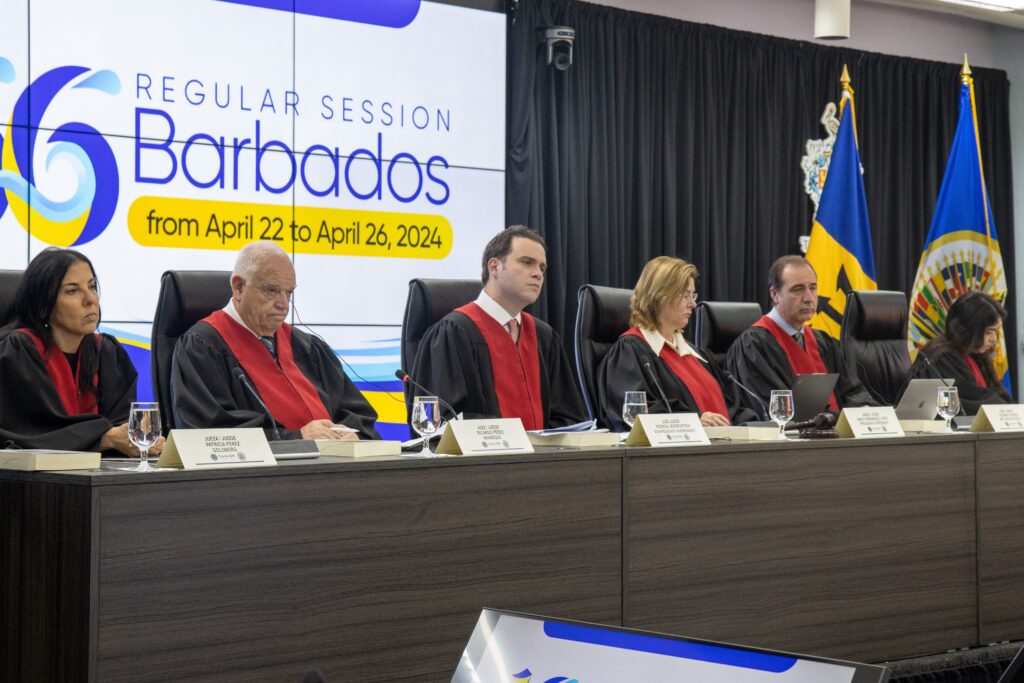At a shale industry conference in Philadelphia, former New York City mayor and presidential candidate Rudy Giuliani offered up advice to drilling companies struggling with an oil price collapse and increasing public awareness of the damage that fracking can do to air, water, the climate and the economy.
“And you do face a public relations problem,” Giuiliani told the gathered shale executives. “And the public relations problem that you face is that a lot of people dismiss the whole shale revolution from a standpoint of being afraid of it.”
“They’re irrationally afraid of it,” he said. “But they’re afraid.”
Over the past several years, as the shale rush swept across the US, spreading into the backyards and farms of over 15 million Americans, public opposition to fracking has rocketed to unprecedented levels.
Eighty percent of Americans now recognize what was formerly an obscure industry slang – fracing – and at the beginning of 2015, 40 percent oppose using fracking, according to a Gallup poll conducted in March. Just a few years ago, most Americans were unfamiliar with the word – and those who knew about fracking tended to support it, polls showed.
This, Mr. Giuliani told attendees at Shale Insight 2015, presents a problem for the industry.
“So I would ask you to focus on it. I would ask you to figure out a way that we can all join together in a much bigger way, so that we can do a public relations campaign to the American people that makes this an issue this fall,” he said.
“Because by doing that we will force the issue into the presidential campaign.”
And by injecting fracking and domestic drilling into the presidential debates, the industry could lay the groundwork for support from both politicians and the public, Mr. Giuliani told the crowd.
“It’s very, very important that this issue be put front and center this year and next year, so that presidential candidates have to take positions on it and also that they become educated on it,” he continued. “I learned from doing eleven debates that debates educate. They help to make you see issues that you didn’t see before because you took so much time preparing for them. So, this is an important time to be making this issue a major issue.”
The alternative, Mr. Giuliani warned the industry, was that fracking could grind to a halt as public opposition grows.
“There’s always danger of accident. It’s true with oil spills. It’s true with what happened at Three Mile Island – which by the way led to no one dying,” Giuliani said. “Nobody died as a result of it and Three Mile Island still stopped the development of nuclear power plants in America.”
“And we’re afraid of nuclear power for incorrect psychological reasons,” he said. “To me as a lawyer, that is so frustrating, and I don’t want to see that happen to you.”
“I can see that building at the grassroots theory with people’s fear of fracking, hydraulic drilling, they don’t even know what it is,” he told the crowd.
Of course, there have been deaths from fracking accidents in the US – 545 oilfield workers died nationally between 2008 and 2012, according to the Bureau of Labor Statistics Traffic fatalities have soared in areas where shale drilling has brought unprecedented numbers of trucks and tankers to rural back roads.
And peer-reviewed studies from major universities like Yale have repeatedly called attention to the health risks that air and water pollution associated with fracking pose to those living near drilling sites – meaning that the long-term health issues associated with the past decade’s drilling boom have yet to play out for many living in the gas fields.
But Mr. Giuliani focused the crowd’s attention on the economic benefits that he believes that drilling jobs can bring to the country – a subject that seemed oddly dated given the tens of thousands of layoffs that oilfield workers have suffered this year.
“The shale revolution has been phenomenal for our economy,” he said. “If it wasn’t for the share resolution I don’t know where we’d be. In 2012, 2.1 million jobs. Roughly 4 million jobs projected, very very conservative projections, by 2020.”
Those numbers come from a 2013 paper prepared by IHS and funded by fossil fuel industry associations like America’s Natural Gas Alliance. That paper counts “the induced contribution throughout the economy as workers spend their incomes on consumer goods and services,” a methodology that has been criticized by economists as inflating the actual jobs that come from the industry. And those projections pre-date the crash in oil prices.
The reality for the industry has been much more grim than Mr. Giuliani presented. This Tuesday, Chesapeake Energy, the nation’s second largest producer of natural gas and one of the companies most associated with the shale industry’s land rush, announced that it was laying off 15 percent of its workforce.
Halliburton, a major fracking services provider, has already laid off over 16,000 workers and the company announced a round of layoffs targeting management-level employees on the same day as Chesapeake. And tens of thousands of workers at other shale companies have found their jobs eliminated as the price of oil fell.
The former mayor dismissed those problems as temporary setbacks. “The long term prospects for energy are tremendous,” he said. “Whatever we’re going through right now with the problems of the price of oil, natural gas getting affected by that. They’re real problems, they’re problems we have to deal with but I can assure you they’re short term.”
“The more effective we become in the methods that we use for extracting the natural gas, the safer we make it, could mean an unlimited future economically,” he enthused.
But that unlimited potential, in Mr. Giuliani’s view, applies only to non-renewable sources of energy like fossil fuels – not wind or solar. “Whether we’re talking about natural gas, we’re talking about oil, nuclear, hydro – and then eventually sometime in the future, maybe some renewables,” he said, describing his vision of the nation’s energy future.
All that is needed to keep the growing doubts about the fossil fuel industry at bay is a concerted PR campaign, Mr. Giuliani told the crowd. “And that is going to require taking the coalitions that we have and expanding them and trying to see if we can do a major public relations effort.”
Photo Credit: US map with a gas pump nozzle illustration design, via Shutterstock
Subscribe to our newsletter
Stay up to date with DeSmog news and alerts






